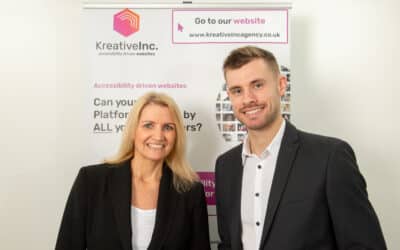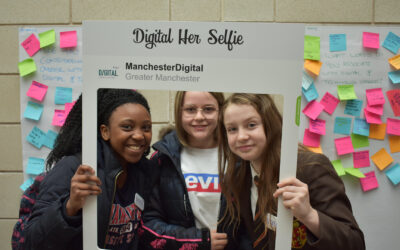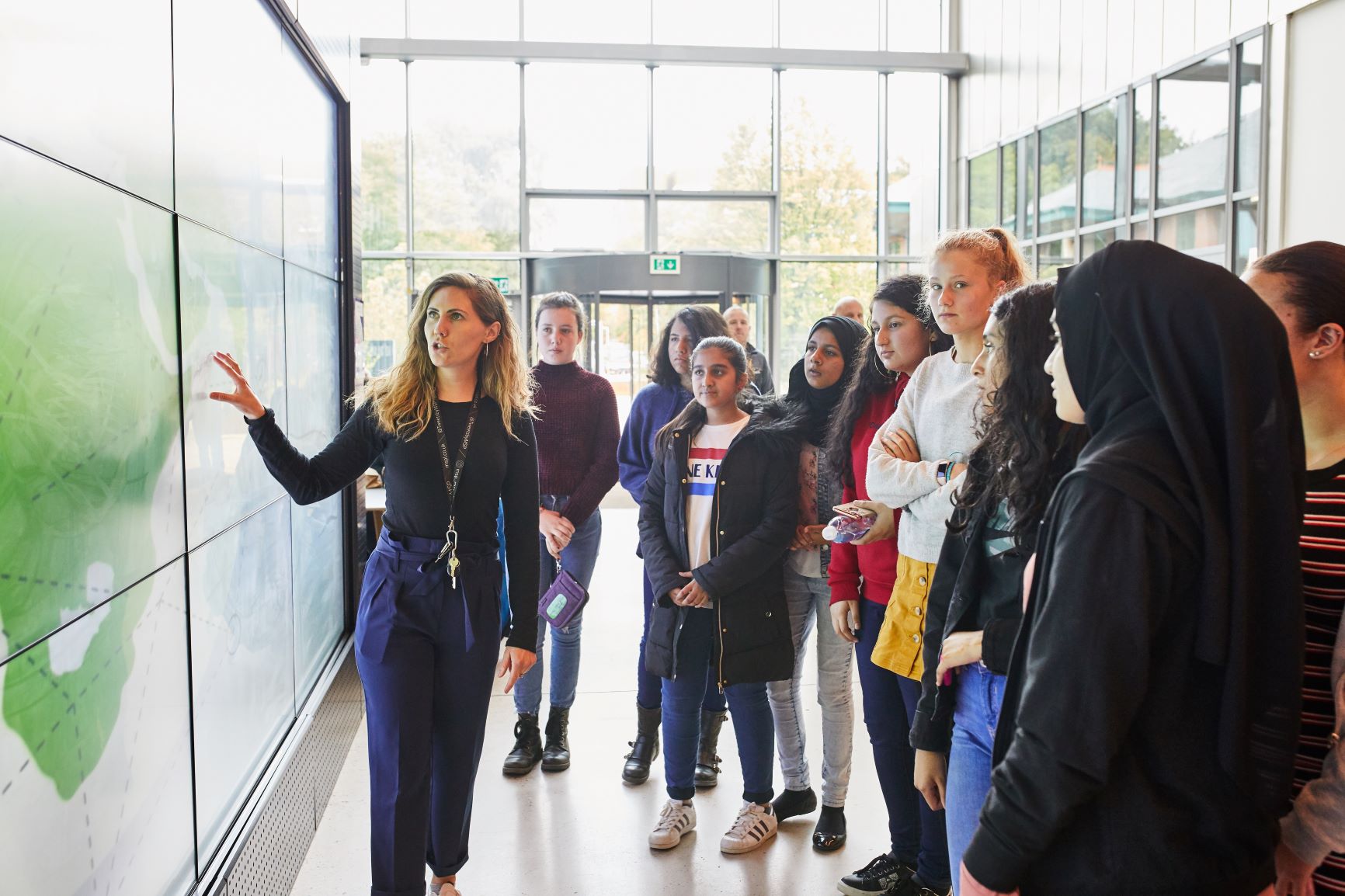Tom Renn, MD of Bruntwood SciTech – the UK property provider dedicated to the growth of the science and technology sector – looks at how the North of England is leading the way in creating a more diverse tech sector.
There’s no doubt that the lack of diversity in the tech sector is an issue. From the need to upskill and reskill more workers, to making sure there’s fairer opportunities and systems in place to ensure people of all backgrounds can work in tech, there’s certainly work to be done.
Diversity in tech isn’t just about equality, it’s about innovation, talent, skills and social responsibility.
Developing new technologies through a single lens only restricts creativity. On the other hand, developing new technologies through many lenses means more representative products of a broader demographic, driven by new perspectives, bigger visions, wider audiences and more opportunities.
The facts
Although Tech Nation’s 2020 Jobs and Skills report saw that demand for tech roles in the UK has increased 40% within the past two years, women still only represent around 17 – 19% of the tech sector workforce, and only 15.2% of tech roles are filled by people from ethnic minority groups.
Not only is there a huge gender and ethnicity gap within tech companies, but also far less investment is received by tech founders in these groups.
To put this into a local perspective, the 2019 Digital Skills Audit revealed that just one in every five technical roles in Greater Manchester are currently filled by women.
Worryingly, this underrepresentation is mirrored nationally at education level; figures from Wise Campaign reveal that just 39% of A-Level Maths students in 2018 were female, with this number dropping to 22% and 12% in Physics and Computing respectively. Despite this, girls outperformed boys in STEM subjects in 2018, showing just how much female talent the sector is missing out on.
Tech diversity starts in school
Creating a more diverse and inclusive tech sector begins in school. Bruntwood SciTech is always on the lookout to support projects and initiatives that start here, something done by Manchester Digital’s ‘Digital Her’ project.
Over the years we’ve joined the likes of Auto Trader, BJSS and GCHQ to help break down stereotypes and perceptions about what it means to work in the tech sector.
This has been really important in encouraging diversity in STEM. The 2019 Digital Her roadshow reached over 1200 girls aged 12 – 13 across Greater Manchester, with a 37% increase in young women reporting they would consider a career in digital and technology as a result of the roadshow.
Talking to young people is all about debunking the common myth that working in tech is synonymous with men coding on computers in a basement – a recurring theme amongst young people when asked the question, “what does working in tech look like?”
Across the North, more work is being done to encourage this positive change. Circle Square-based entrepreneur Nile Henry founded The Blair Project to tackle underrepresentation in motorsport. Nile and his mum, Dr Marilyn Comrie, work with young people from disadvantaged backgrounds to convert used petrol go karts into fully electric e-carts.
As a result, these young people start to learn about tech through enthusiasm for battery technologies, telemetry systems, data and green tech. The point is – tech is for everyone.
Likewise, nurturing new talent through apprenticeship schemes and graduate opportunities is also crucial. ADA Digital Skills College at Manchester Technology Centre provides apprentices on behalf of industry hiring partners such as AO and Capita to offer alternative pathways into tech, whilst large corporates such as ANS have their own apprenticeship schemes to help young people, and women in particular, into technical roles within that company.
These activities and initiatives are essential for developing the pipeline of tech talent all the way from school through to careers in STEM, bridging the gap between education and industry along the way.
The need for more role models
Recognising and celebrating diverse role models in the tech sector right now is also crucial.
Role models show that the path between where people are now and where they might want to go is possible. Roles are less obscure and ‘out of reach’ when someone that looks like you is already doing it. This is important for young people, as a job or certainly a career may feel out of reach just because a person believes they don’t fit that ‘type’.
As Dr Comrie said: “People can see their own possibilities in my reality… as the CEO of the Manchester Innovation Activities Hub I hope that being black and female will inspire others, especially those in marginalised groups. They can see me and choose to be me, and this is what breaking down barriers and having role models is all about.”










